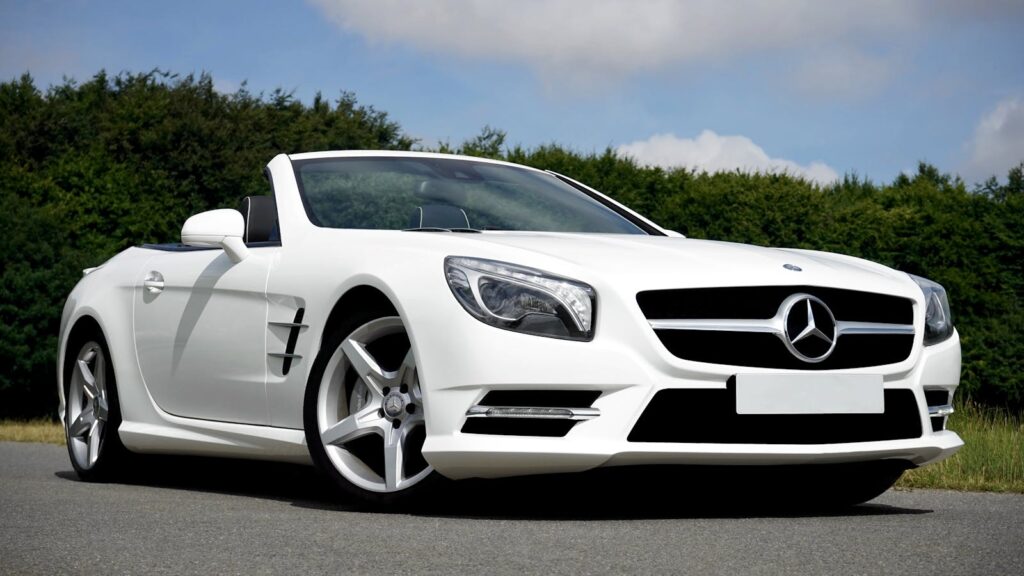In a significant strategic shift, Mercedes-Benz has extended its electrification goals by five years, now aiming for 50% of its sales to be electrified vehicles, including hybrids, by 2030, instead of the earlier target of 2025. This decision underscores the company’s commitment to improving its combustion engine offerings in response to a market that has not embraced electric vehicles (EVs) as quickly as anticipated.
Mercedes-Benz’s adjustment in production plans reflects the reality that investment in EV technologies has outpaced actual market demand. As highlighted by US News, this move underscores the complex challenges automakers face in transitioning to electric mobility. CEO Ola Kaellenius has stressed the brand’s commitment to evolving combustion engine technologies to meet future needs, with a major product lineup refresh planned for 2027 to ensure the brand’s relevance well into the 2030s.
This strategic shift has been positively received by investors, evidenced by a 5.9% rise in the company’s stock price, bolstered by a substantial 3 billion euro share buyback program. However, Mercedes-Benz remains cautious about its 2024 outlook, citing concerns over slower economic growth and ongoing supply chain disruptions.
The challenges faced by Mercedes-Benz
The company has acknowledged that supply chain challenges, particularly component shortages, are likely to affect first-quarter sales. Despite this, Mercedes-Benz expects sales of electrified vehicles to maintain a steady proportion of 19-21% of total sales. Despite these hurdles, the carmaker reported a strong adjusted return on sales of 12.6% in its car division for 2023 and anticipates a slightly lower range of 10-12% for cars and 12-14% for vans in 2024.
Mercedes-Benz’s strategic realignment goes beyond maintaining the status quo, as the company is ramping up its investment in sustainable technologies, focusing on electrification and digitalization. By the end of the decade, new EV models are expected to be introduced, and the company is also investing in digital services and autonomous driving technologies, recognizing these as key drivers for future growth.

The development and future of Mercedes Benz
The brand’s approach to electrification has been pragmatic, as it acknowledges the slower-than-expected demand for EVs. Mercedes-Benz had initially pledged to go fully electric by 2030, but the revised plan will see the continuation of internal combustion engine (ICE) cars well into the next decade. The company is halving its EV goals, with pure electric models and hybrids expected to account for up to 50% of sales by 2030.
Mercedes-Benz’s CEO has stated that the company will not phase out ICE cars ‘artificially,’ indicating that these vehicles will continue to be produced as long as there is customer demand. The development of electrified powertrains, such as the M252 engine functioning as a range-extender, is an area to watch, as it could enhance EV driving range while still relying on fossil fuels.
Looking ahead, next-generation Mercedes EVs are expected to utilize the Modular Mercedes Architecture (MMA), designed to accommodate both EVs and ICE cars. This flexible approach allows the company to adapt to market demands and technological advancements while continuing to offer a diverse range of vehicles to its customers.
Mercedes-Benz’s revised electrification strategy reflects a pragmatic understanding of the current automotive landscape. By strategically balancing the advancement of combustion engines with significant investments in electrification and digital technologies, the company is positioning itself to meet the evolving demands of consumers while navigating market complexities with both strategic focus and tactical flexibility.
Related posts:
Benz Delays Electrification Goal, Focuses on Combustion Engines Till 2030
Mercedes-Benz Delays Its EV Plans, Will Keep Making Combustion Engines
Mercedes-Benz delays electrification goal, beefs up combustion engine line-up (Reuters)





